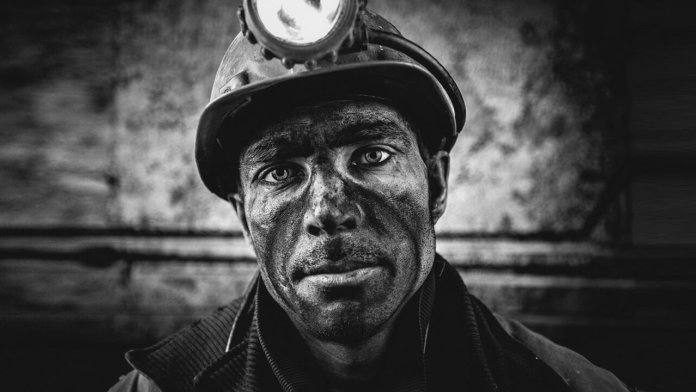In 2018, more than 1,000 Russians died in the workplace. The Federal Statistics Service (Rosstat) analyzed data on accidents and identified the most dangerous professions in Russia. And experts from the job search site Adzuna.ru studied mortality at work in terms of risk and financial benefit. We present to your attention the rating of the most dangerous professions in Russia.
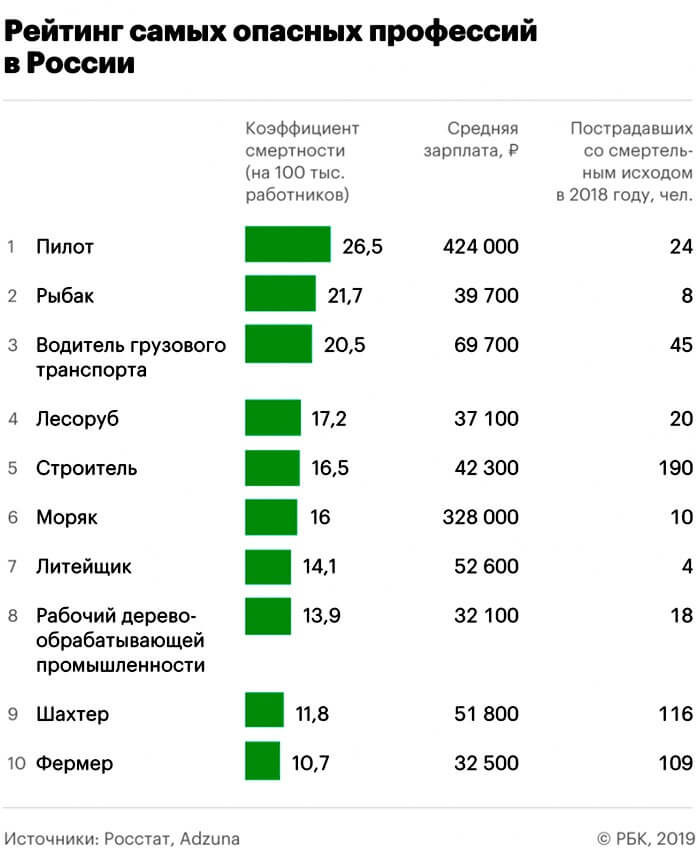
In the 2019 ranking, there was no place for firefighters, sappers, or rescuers - those professions that are traditionally considered life-threatening. The areas of activity that we used to consider peaceful and mundane turned out to be really dangerous. Thus, the largest number of fatal accidents - 256 - occurred last year at manufacturing plants and at construction sites - 190 accidents.
However, most the most dangerous professions in the world do not carry significant risk rewards. Miners risk their lives for 52 thousand rubles a month, and lumberjacks earn a little more than 37 thousand rubles. The exception is the pilots and officers of long-distance vessels, whose monthly income is dozens of times higher than the average salary in the country.
10. Farmer
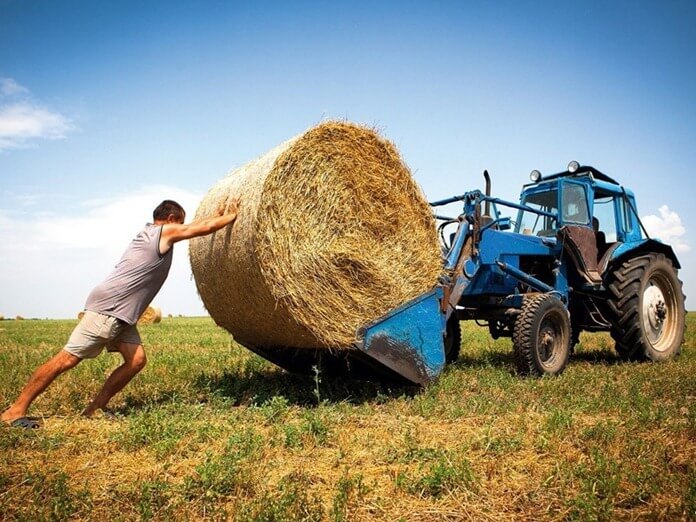 The number of fatalities (2018) - 109
The number of fatalities (2018) - 109
Mortality rate: 10.7 per 100,000 workers
Average salary: 32,500 rubles.
9. Miner
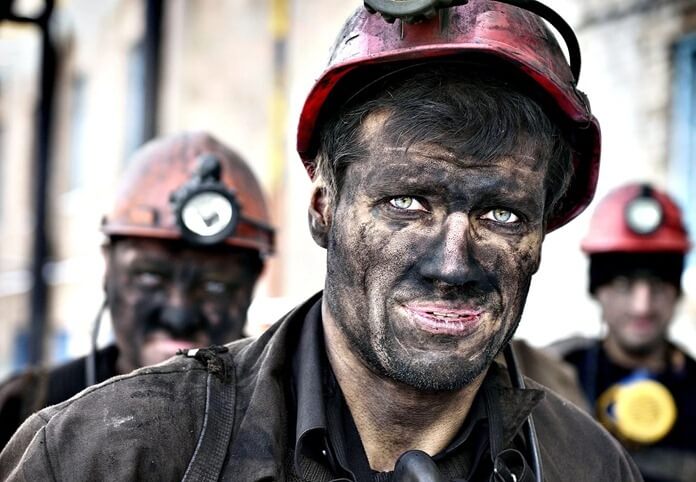 The number of fatalities (2018) - 116
The number of fatalities (2018) - 116
Mortality rate: 11.8 per 100,000 workers
Average salary: 51,800 rubles.
8. Woodworker
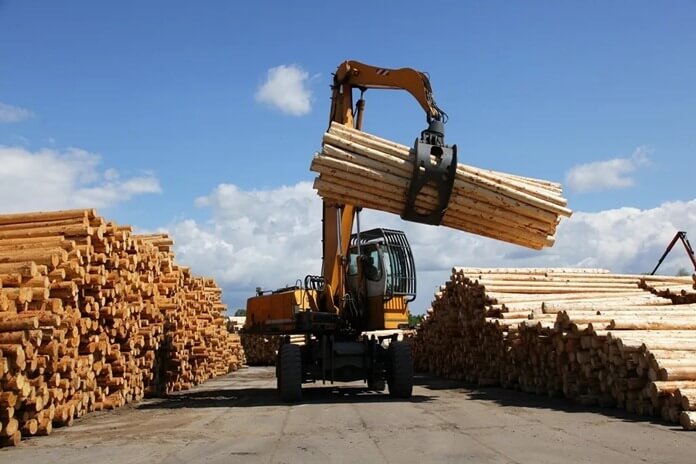 The number of fatalities (2018) - 18
The number of fatalities (2018) - 18
Mortality rate: 13.9 per 100,000 workers
Average salary: 32,100 rubles.
7. Foundry
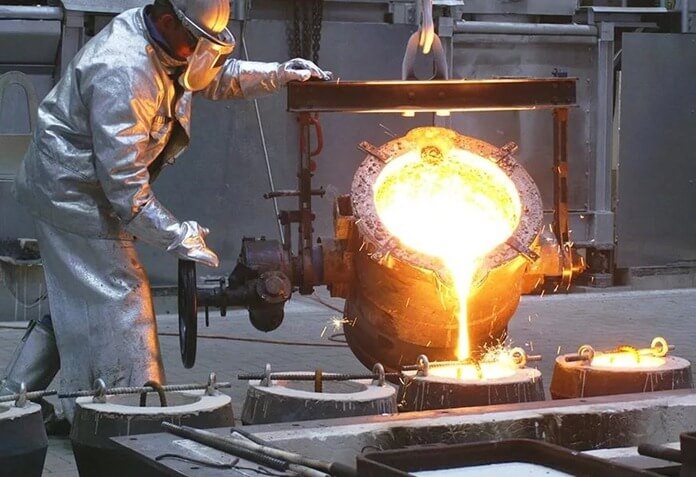 The number of fatalities (2018) - 4
The number of fatalities (2018) - 4
Mortality rate: 14.1 per 100,000 workers
Average salary: 52,600 rubles.
6. Sailor
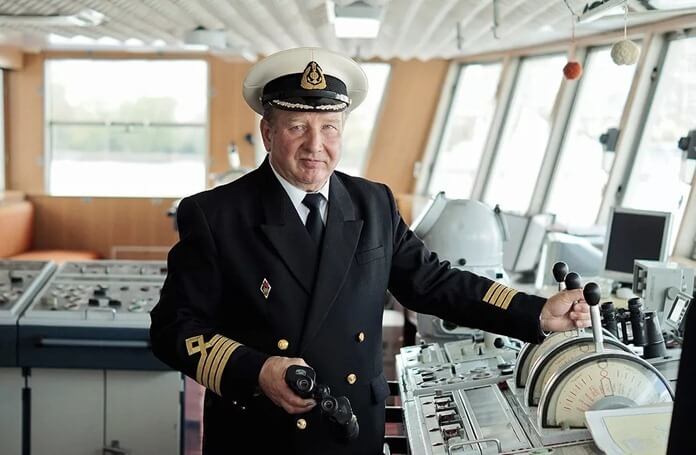 Number of fatalities (2018) - 10
Number of fatalities (2018) - 10
Mortality rate: 16 per 100,000 workers
Average salary: 328,000 rubles.
5. Builder
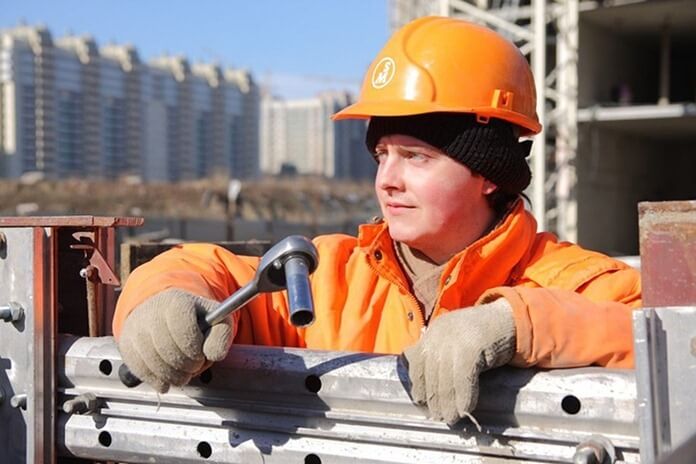 Number of fatalities (2018) - 190
Number of fatalities (2018) - 190
Mortality rate: 16.5 per 100,000 workers
Average salary: 42,300 rubles.
4. Lumberjack
 Number of fatalities (2018) - 20
Number of fatalities (2018) - 20
Mortality rate: 17.2 per 100,000 workers
Average salary: 37,100 rubles.
3. Truck driver
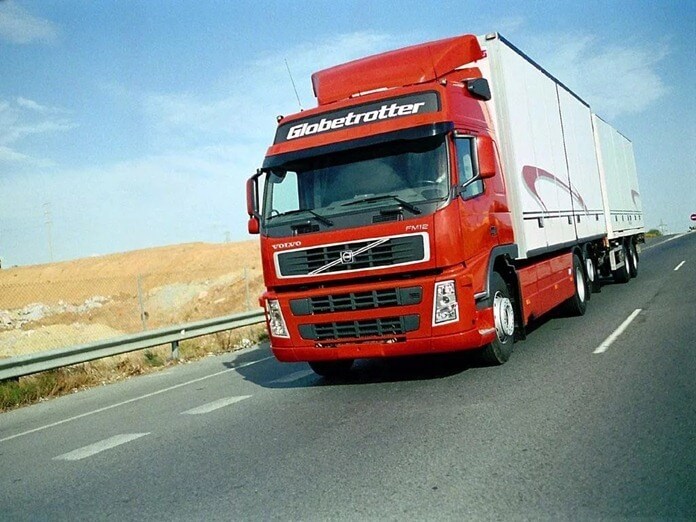 The number of fatalities (2018) - 45
The number of fatalities (2018) - 45
Mortality rate: 20.5 per 100,000 workers
Average salary: 69,700 rubles.
2. Fishing boat fisherman
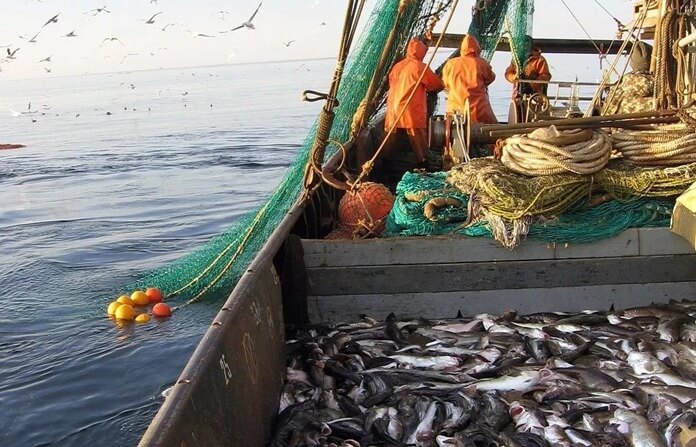 Number of fatalities (2018) - 8
Number of fatalities (2018) - 8
Mortality rate: 21.7 per 100,000 workers
Average salary: 39,700 rubles.
1. Aviation pilot
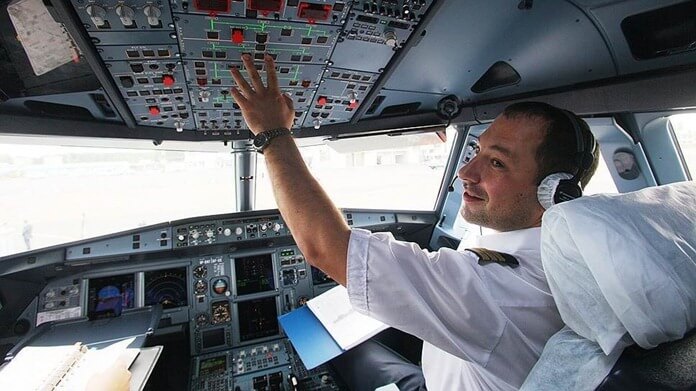 Number of fatalities (2018) - 24
Number of fatalities (2018) - 24
Mortality rate: 26.5 per 100,000 workers
Average salary: 424,000 rubles.
How much wages correlate with its danger
Unfortunately, employers rarely pay extra for hazardous work.The labor market - like any other market - is largely regulated by supply and demand. Highest salaries in those industries where there is fierce competition for personnel, and employers are forced to offer increasingly higher wages and favorable working conditions.
A classic example is airlines experiencing an acute shortage of pilots, especially experienced ones, which is due both to the fact that Russian pilots are successfully lured away by foreign airlines, and to a significant increase in air traffic in Russia. By the way, it was the profession of a pilot that turned out to be the most dangerous at the end of last year. But most of the professions with high injuries and deaths at the workplace - construction workers, miners, loggers, etc. - receive a salary that does not differ much from the national average.
What works from this point of view are the most "ungrateful"
The most thankless were agricultural work, primarily in animal husbandry. According to Rosstat, agriculture remains one of the lowest paid industries, which is also confirmed by Adzuna.ru data. Also ungrateful are the spheres of logging, woodworking, fishing and hunting.
How much does the pay for hazardous occupations differ in Russia and abroad?
If we compare wages for hazardous occupations in Russia and the UK, then in most cases the difference will be significant. Thus, the average earnings in agriculture in Russia are about 32.5 thousand rubles a month, and in Great Britain a little more than 2,100 pounds (approximately 170 thousand Russian rubles).
The average salary for builders in Russia is about 42 thousand rubles a month, and in the UK - about 250 thousand rubles (3130 pounds). But pilots in Britain earn only 35% more than their Russian counterparts - 578 thousand rubles (about 7200 pounds) against 420 thousand rubles a month.

